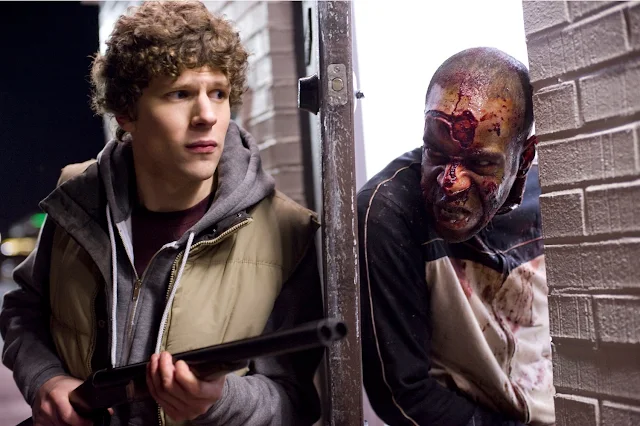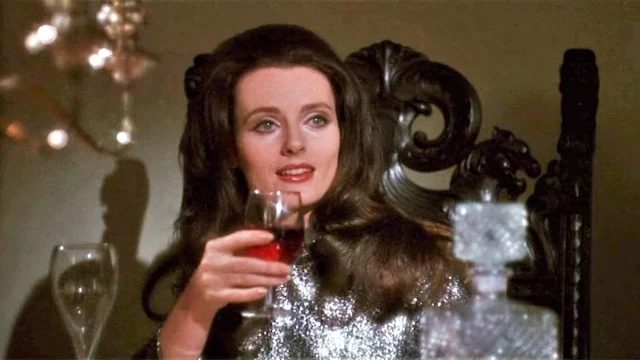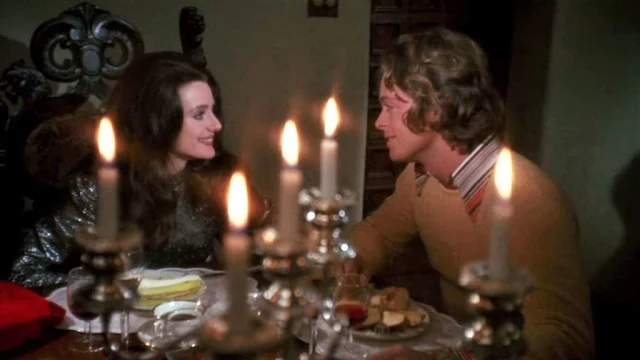Event Horizon (Paul W.S. Anderson, 1997)
Cast: Laurence Fishburne, Sam Neill, Kathleen Quinlan, Joely Richardson, Richard T. Jones, Jason Isaacs, Jack Noseworthy, Sean Pertwee. Screenplay: Philip Eisner. Cinematography: Adrian Biddle. Production design: Joseph Bennett. Film editing: Martin Hunter. Music: Michael Kamen, Orbital.
The makers of Event Horizon made the same mistake as the makers of the classics 2001: A Space Odyssey (Stanley Kubrick, 1968) and Blade Runner (Ridley Scott, 1982), that of assuming the exploration of space would continue unabated, so they set their movies in the early 21st century. In Event Horizon, for example, we’re told that the first moon base was established in 2017, and the rescue of a ship in the orbit of Neptune is occurring just 30 years later. (One reason I admire the TV series For All Mankind is that it intentionally plays out as alternate history, in which the space race with the Soviet Union got a boost when the commies landed on the moon before the Americans.) But that’s only a quibble, because mainly Event Horizon is a mess. A scary mess, to be sure, one to be watched for thrills, not for consistency or even plausible sci-fi. Some of the mess is the result of interference from Paramount, the releasing company, which was afraid that James Cameron wouldn’t finish Titanic in time for its scheduled release, so it put pressure on the producers of Event Horizon to get it done quick and dirty. The movie has since developed cult status, and there have been rumors that Paul W.S. Anderson has a director’s cut that would smooth out all the roughness of what was released. Those have remained rumors. I don’t think any cut is going to solve the fundamental problems of Event Horizon, that it doesn’t give fine actors like Laurence Fishburne and Sam Neill solid enough characters to play, and that the central menace – something that happened to the titular ship when it was thrust into another dimension – is so vague. The crew of the Lewis and Clark, the rescue ship, is terrified by hallucinations drawn from the darkest moments of their lives. Something is causing these nightmare visions, but it’s never made clear exactly what. Moreover, they keep telling each other that “it’s all in your head,“ which is the kind of non-reassurance that I thought most of us had outgrown. Still, as I said, Event Horizon is scary if you don’t think too much about it, which may be enough for some.




.jpg)
.jpeg)
.jpeg)













.jpeg)













.jpg)

















.JPG)




